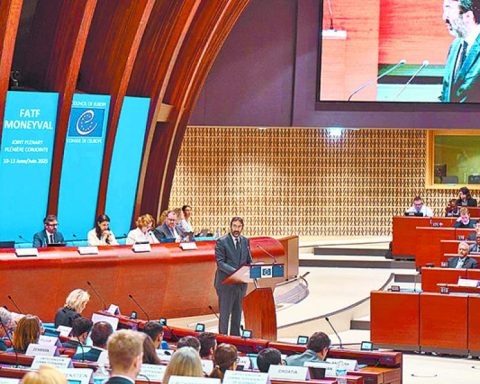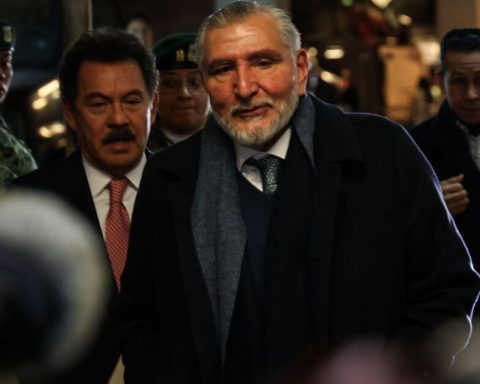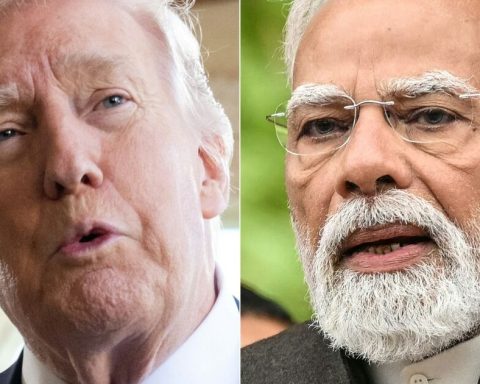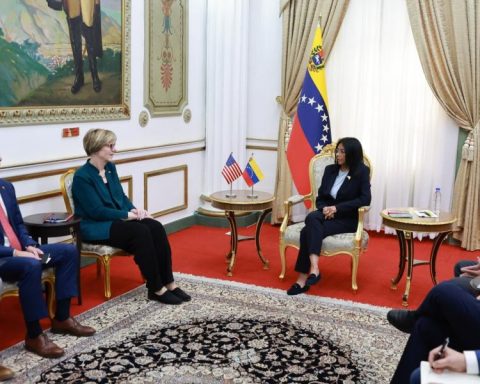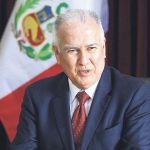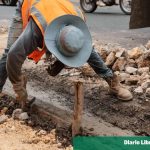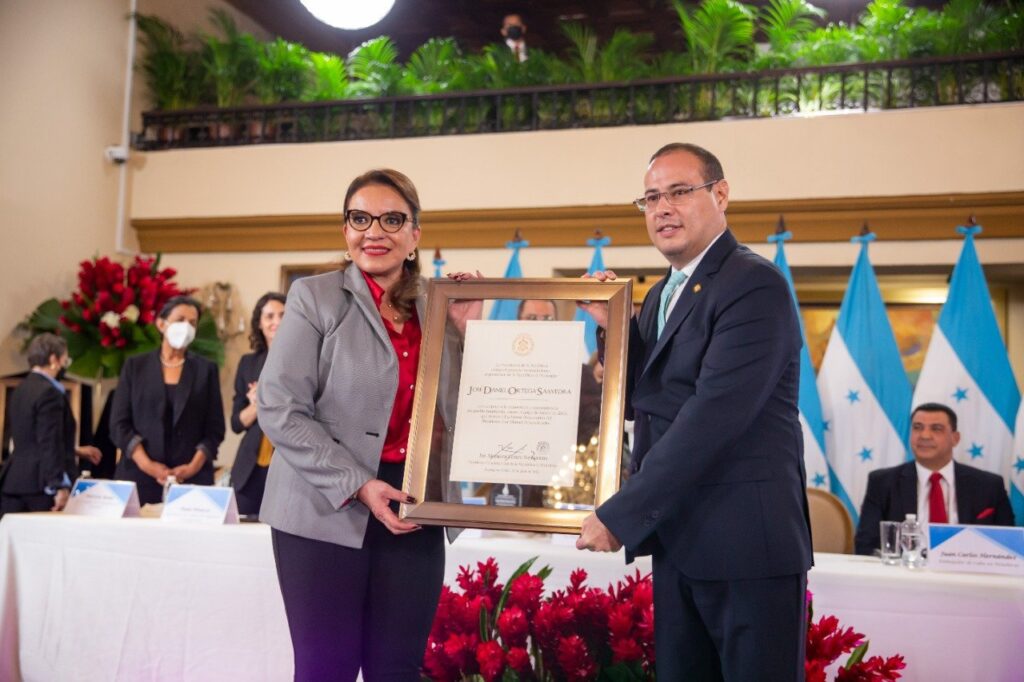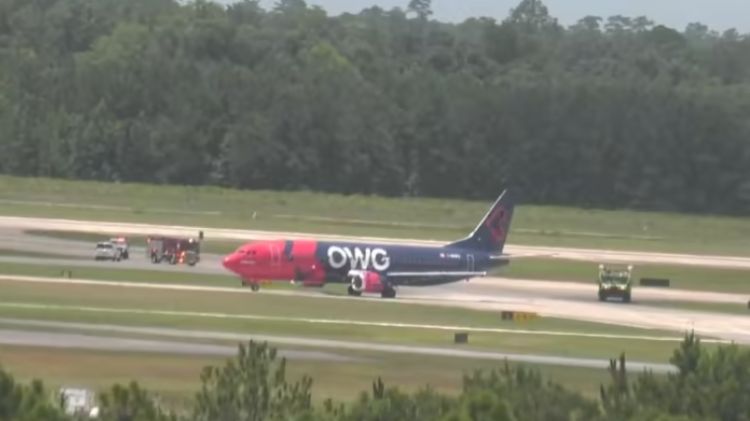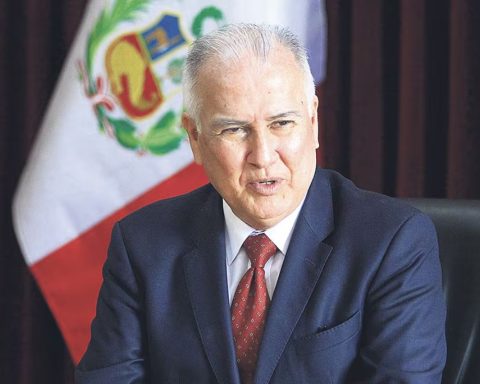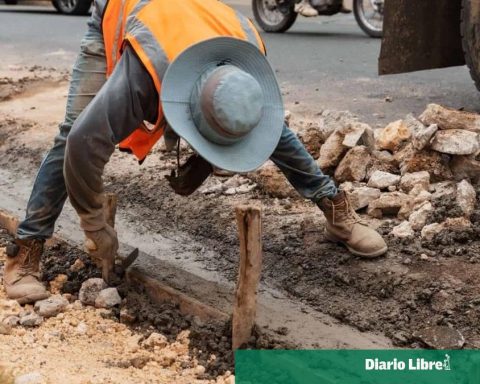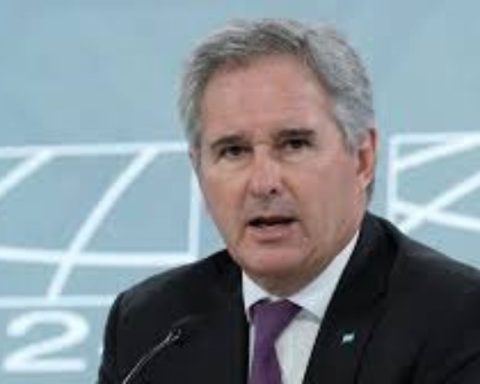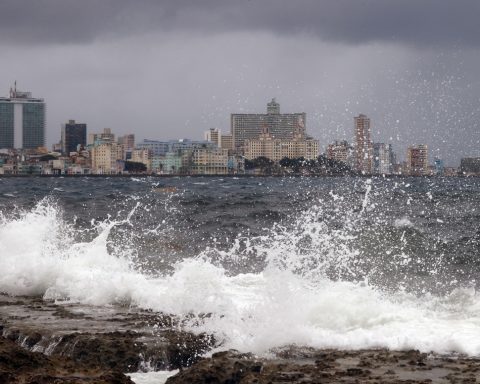L
to the informative agenda of the The last few days have been marked by the murder of two Jesuit priests, Joaquín Mora and Javier Campos, along with Pedro Palma, a tour guide from the Tarahumara region, who were killed in the church of Cerocahui, a community located in Urique, Chihuahua. His murder was preceded by the attack and kidnapping of two other inhabitants of the community, the brothers Paul and Armando, who are still missing, while those responsible for both events have not been apprehended.
On the occasion of the tragedy, the Society of Jesus once again condemns the generalized violence that plagues the country, and endorses its preferential option for the poor and, with this, has also ratified the validity of its historical mission both in the Sierra Tarahumara and in other corners of our nation where conditions of exclusion and vulnerability prevail for their communities, and where the institutionality of the State is absent. In the face of fear and violence, the Jesuits choose to remain in these communities, learning from them, and building bridges to assert the dignity of life through the instruments of peace, justice and reconciliation.
Painfully, the events that occurred in Cerocahui are not isolated acts, but a reflection of a situation of national scope that conditions and hurts the lives of millions of people; a situation whose seriousness makes the numerous debts of public institutions increasingly evident in the face of the legitimate demand for justice and security of society. For now, the truth of the events that occurred on June 20 in Urique remain unclear, there are two missing persons and the perpetrators of these crimes have not been arrested. Likewise, the narrative spread to date, which concentrates on the crook the total responsibility for the crimes, seems to omit the attention that all the structural scaffolding that allows macrocriminality and impunity in that and other regions of the country deserves.
An objective consideration of what happened underlines the urgency of concrete measures of non-repetition, the permanent stay of the security authorities in the area, an investigation that considers the structural factors behind the events, immediate attention to the conditions of impunity, the implementation of an effective plan for the pacification of the country in collaboration with the communities and civil society and, of course, putting an end to the federal government’s stubborn resistance to redesigning the security strategy which, despite its ostensible evidence of failure, It has been in force in Mexico for three decades.
The government efforts that made it possible to respond to the immediate protection needs are plausible, as well as to find and identify the bodies of the victims in a period of less than 72 hours, but what this also reflects is that the administration of justice, in the face of the crisis of violence and disappearance in Mexico, is subject to the mediatization of the cases and to the disposition and political will. Every day women and men are arbitrarily deprived of life. Since the start of Calderón’s six-year term to date, the victims of homicide are already around 300,000 people, and more than 100,000 remain missing in our country. They all deserve truth, justice and reparation with the same disposition with which the Cerocahui case has been addressed.
Faced with the spiral of violence that we are suffering in Mexico, the attitude of the President continues to cause concern, as he puts this urgent issue under the filter of polarization. During the morning of June 27, he once again defended his security strategy and assures that those who condemn the events in Cerocahui forget the massacres and violence that occurred in previous six-year terms, this time directing his disqualifications at the religious, assuring that some are pergollados by the Mexican oligarchy
.
The President’s statement deserves a serious analysis: who is the pergollado? Throughout the history of Mexico, the Jesuits have built a long tradition of defending human rights. Let us remember his role in the face of the EZLN uprising in 1994, his support for the Yo soy 132 movement in 2012, and his work to accompany the demand for truth and justice for the 43 disappeared students of Ayotzinapa; not to mention one by one their social, pastoral, and educational works present throughout the national territory.
The Jesuit presence in the Tarahumara dates back to the 17th century. Their work has been distinguished by the syncretism with the Rarámuri worldview, the defense of their customs, rites and traditions against the hegemony of modern culture, and the defense of their human rights and dignity in the face of the violence that has historically been present in area; with especially critical moments, as occurred from the end of 2006 and which had its bloodiest expression in the Creel massacre, which occurred in 2008.
As underlined by the provincial of the Society of Jesus in Mexico, Luis Gerardo Moro, SJ, in his message at the body mass present for the murdered Jesuits, Javier and Joaquín, they fought to defend the dignity and identity of the Rarámuri communities in the Sierra Tarahumara; His sacrifice recalls that of the UCA martyrs, that of Rutilio Grande, that of Monsignor Romero, and that of so many others who have given their lives for justice and peace. In memory of Joaquín and Javier, and because of the blood of so many murdered and disappeared people in the country, the call is to embark on a new common path of peace, and this means demanding that the authorities carry out a thorough investigation of the reality in the mountains Tarahumara, the immediate and permanent protection of the communities, and the redesign of a military-style security strategy that, two and a half years after the end of this six-year term, has not managed to stop Mexican society from being overwhelmed by the prevalence of organized crime in large areas of the country, where public institutions do not exist or, failing that, exist but operate at the service of the interests of illicit networks of power.

